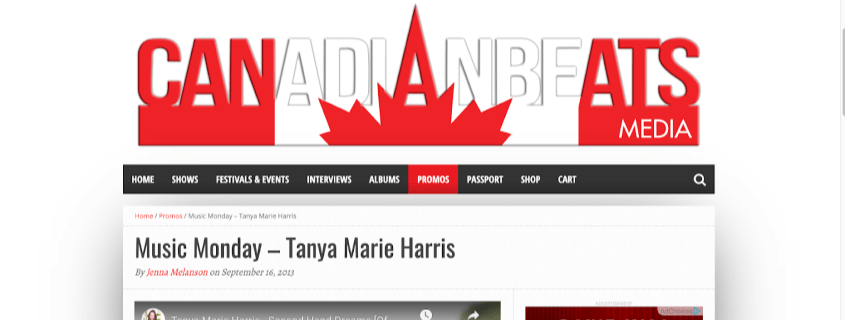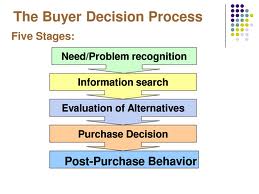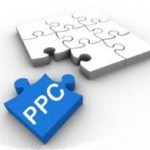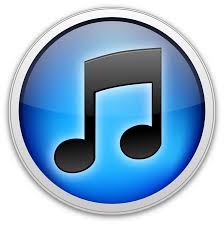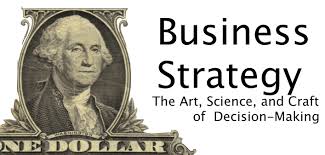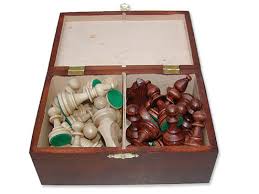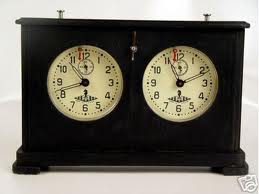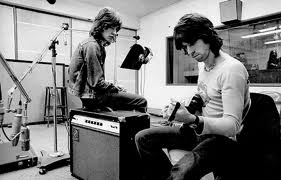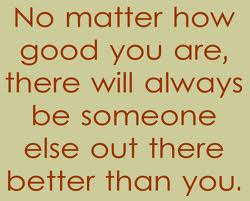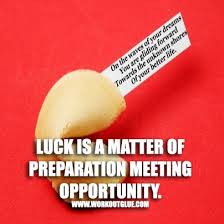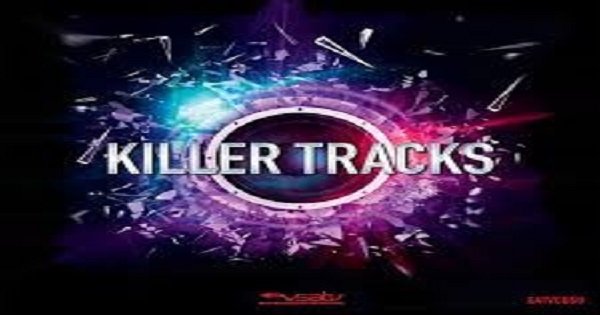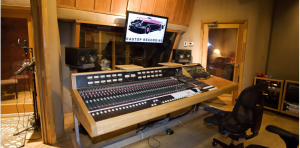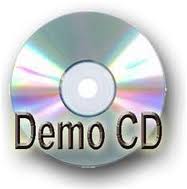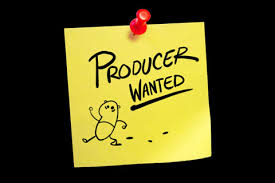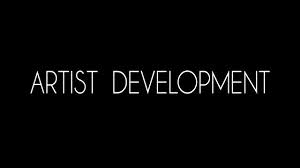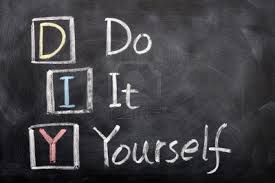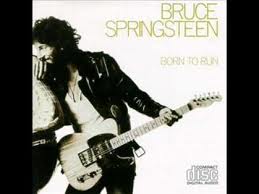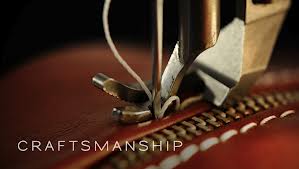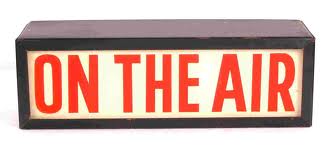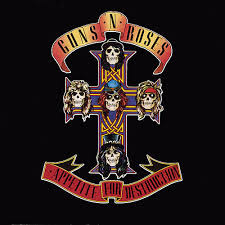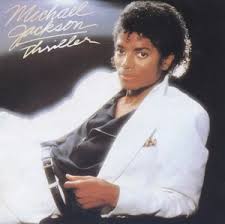By Johnny Dwinell
In my job, I get to speak with many indie artists who are at different points in their journey. They consistently make these common major mistakes. Changing your approach will change your career. I made this personal to drive the message home
Here are the 20 worst indie artist mistakes!
- Your Songs Suck – Consumers will instantly click past a crappy song on thousands of online radio stations until they find a good song that really moves them in the first 10-20 seconds. You better have GREAT songs. It’s a CRAFT; it always has been. Treat it as such. You need to seek out a few mentors to teach you what they know about their CRAFT and apply your unique vision and perspective to that knowledge. Easy to do with all the online writing societies.
- You’re Producing Yourself – Have you ever wondered why a record label would NEVER let you or your
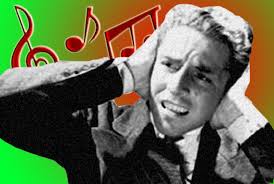 friends produce your own record? Have you ever wondered why most of the iconic superstars STILL use producers? Why aren’t they saving money by producing themselves? Surely a producer at that level is pretty damn expensive! Get it? Just because you can work Pro-Tools or Logic doesn’t mean you can or should make a record. The label would put you with someone who is not only experienced at the entire process of making records, but a way better musician than you. The smart artist always thrives being around true pros who are better than them to soak in the education and grow to a new artistic level and be fearless of the journey. Most artists will tell people why they can’t or won’t afford a producer and then turn around and spend their money on their 25th guitar and new plug-ins for the home studio thereby avoiding the journey. Do you want to make great records or collect gear?
friends produce your own record? Have you ever wondered why most of the iconic superstars STILL use producers? Why aren’t they saving money by producing themselves? Surely a producer at that level is pretty damn expensive! Get it? Just because you can work Pro-Tools or Logic doesn’t mean you can or should make a record. The label would put you with someone who is not only experienced at the entire process of making records, but a way better musician than you. The smart artist always thrives being around true pros who are better than them to soak in the education and grow to a new artistic level and be fearless of the journey. Most artists will tell people why they can’t or won’t afford a producer and then turn around and spend their money on their 25th guitar and new plug-ins for the home studio thereby avoiding the journey. Do you want to make great records or collect gear? - You’re Not Marketing…At ALL – Putting your music on iTunes, Spotify, CD Baby, ReverbNation, etc.
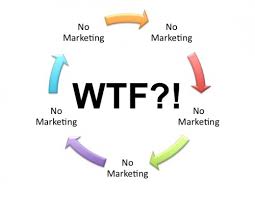 is digital distribution NOT marketing. Marketing is the art of influencing buying decisions. Having your CD available for purchase “wherever it’s sold†isn’t influencing buying decisions. Twitter, Vine, Instagram, Facebook, YouTube, Live Shows, Music Blogs, Indie Radio, Internet Radio, and PR are the marketing tools you need to master. These tools create awareness and drive traffic to your squeeze page where you get the consumer’s email address. It’s through their email address (and the communication that you send there) that you will influence their buying decisions.
is digital distribution NOT marketing. Marketing is the art of influencing buying decisions. Having your CD available for purchase “wherever it’s sold†isn’t influencing buying decisions. Twitter, Vine, Instagram, Facebook, YouTube, Live Shows, Music Blogs, Indie Radio, Internet Radio, and PR are the marketing tools you need to master. These tools create awareness and drive traffic to your squeeze page where you get the consumer’s email address. It’s through their email address (and the communication that you send there) that you will influence their buying decisions. - You’re Operating With An Out-Of-Date Business Model – You are still trying to cut cheap demos to shop to a record label to try to get a deal. You still think radio is the key to marketing your music. You still think that radio will be a powerful marketing tool when you do get your deal. You still think the labels make money selling records. You still think that if you get a deal that’s when you’ve made it. Wake up. That ship sailed a decade ago; you have to develop yourself, today.
- You’re Not Thinking Like A Record Label – If you got signed today, the label would surround you with people who make a living writing songs, engineering, producing, doing public relations, marketing, promotion, booking bands, image consulting, photographing, etc. All these people would be highly professional and much more dialed in to the market and process than you and your friends. If you’re thinking like a label, you are looking for a team of people to help you with at least some of these important items.
- You’re Not Selling Your Music On Your Website – If you were truly DRIVING traffic anywhere to purchase your music, you would drive them to YOUR site and take all the money. Everyone needs a presence on iTunes, CD Baby, ReverbNation, etc., but why on earth would you pay someone 30% of your record sales to do what you can do with a free plug-in on your WordPress site? If it don’t make dollars, it don’t make sense.
- You’re Not Posting Regular Videos To YouTube – YouTube is your new radio with an amazing potential for reaching millions, no wait…now BILLIONS, of people and you don’t need to spend one million dollars to bribe a freaking Program Director for a CHANCE at getting a few spins. The “shelf space†is unlimited (unlike radio) and they pay royalties and advertising revenue. “I don’t get it because I just want to make music†is a cop-out. Why aren’t you learning everything you need to learn about this amazing opportunity?
- You Suck At Project Management – If Steve Jobs had approached the first products from Apple the
 way most of you approach managing your musical projects, he would have died homeless. Jobs was a true artist. The first computers he and Wozniak made looked good, worked well, were packaged well, and were made in his garage. Instead of making 500 crappy computers with the limited budget they had, he made 50 AWESOME computers and the market place responded. The opportunities that came from the first run of AWESOME computers provided the momentum they needed to reach the next level. If you want to find someone to cut your songs for $300/song, I PROMISE you will find them. Record your 3 BEST songs for the same price as what you would have to spend on 12 and do it RIGHT with a TALENTED TEAM. It’s gonna cost money, so think of it as an education. Then watch the market respond!
way most of you approach managing your musical projects, he would have died homeless. Jobs was a true artist. The first computers he and Wozniak made looked good, worked well, were packaged well, and were made in his garage. Instead of making 500 crappy computers with the limited budget they had, he made 50 AWESOME computers and the market place responded. The opportunities that came from the first run of AWESOME computers provided the momentum they needed to reach the next level. If you want to find someone to cut your songs for $300/song, I PROMISE you will find them. Record your 3 BEST songs for the same price as what you would have to spend on 12 and do it RIGHT with a TALENTED TEAM. It’s gonna cost money, so think of it as an education. Then watch the market respond! - You’re Waiting For Your “Big Break†– Deep down you wish it was the old music business because, on
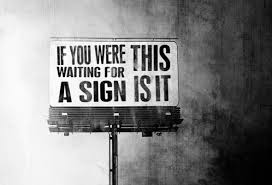 the outside (from the cheap seats), it seemed easier when the labels took care of everything. Well, they did and you would have paid dearly for that “EZ Button.†I got news for you, the superstar artists who are still around today never let the labels take care of everything. They worked smarter and harder than that in a sea of sharks. You have to create your own opportunities, your own momentum. There’s no way around it. Nobody gets “discovered†anymore; so get off the couch, put the bong down next to your baggage and get to work!
the outside (from the cheap seats), it seemed easier when the labels took care of everything. Well, they did and you would have paid dearly for that “EZ Button.†I got news for you, the superstar artists who are still around today never let the labels take care of everything. They worked smarter and harder than that in a sea of sharks. You have to create your own opportunities, your own momentum. There’s no way around it. Nobody gets “discovered†anymore; so get off the couch, put the bong down next to your baggage and get to work! - You Still Think Record Labels Develop Talent – Record labels don’t develop talent like Coca-Cola doesn’t repair cars. They don’t care about your music, they care about your current cash flow, and how many fans with whom you have a measurable connection. They care about what kind of market you created for yourself and if they can make money by adding fuel to the fire you already started. Think YouTube and Google. Google didn’t develop YouTube, they purchased them. Those smart guys at YouTube had to PROVE that their idea had value in the market place. So do you.
- You Don’t Think Of Your Music As Product – Until you do, nobody is going to hear your art.
- You’re Self-Sabotaging – This is the most common and most destructive mistake of them all. Let me save
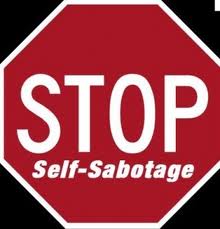 you the suspense: you’re gonna make mistakes. You’re gonna hit speed bumps. You’re gonna be rejected. You’re gonna have to get over it! You have to get out of your own way and just move forward. Stop making excuses. If you keep doing what you’ve always done, you’ll keep getting what you always got. PERIOD. Make a change and watch massive amounts of energy quickly flow your way.
you the suspense: you’re gonna make mistakes. You’re gonna hit speed bumps. You’re gonna be rejected. You’re gonna have to get over it! You have to get out of your own way and just move forward. Stop making excuses. If you keep doing what you’ve always done, you’ll keep getting what you always got. PERIOD. Make a change and watch massive amounts of energy quickly flow your way. - You Are Too Sensitive To Take Constructive Criticism – You would be amazed how many of your favorite superstars were brutally schooled by the label on their first record. They were green just like you! “Go back and write us a single we can promote on the radio or we’re gonna drop you.†If you’re too dumb to know that you don’t know a whole lotta stuff, you’ll never make it. Be professional and LEARN. It’s always better to stay quiet in a room and appear stupid than to open your mouth and remove all doubt.
- You’re Listening To Haters – When you do start to get momentum, people you don’t know and, sadly, many that you do will spit poison into every part of your life. Get used to it. You are doing what they can’t.
- You Haven’t Defined Your Lane – You are afraid to pick a genre because you write in many. Consumers need ONE lane to connect with you in. Just because you pick one doesn’t mean you are ignoring the others. Get some traction in one lane first. That traction will help expose a project in a different lane to more people. Think John Mayer with his first few pop records and then he did a blues project. That blues project got a TON of exposure because he was now John Mayer, the pop star.
- Your Live Performance Sucks – Nothing is more disappointing than seeing a decent band with great songs and listening for harmonies but nobody sings background vocals. Okay, maybe worse would be a crappy band with crappy songs and everyone is singing crappier background vocals.
- You’re Not Capitalizing On Your Live Performances – Today’s music market is about endless
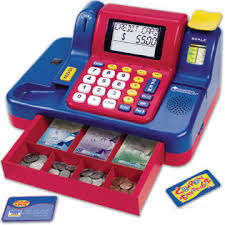 content and email addresses. You should have constant video footage to market on social media. You should have boatloads of email addresses after every show. You should be moving product from the stage at every show. You should be gaining Twitter followers at every show…THEN you can get laid.
content and email addresses. You should have constant video footage to market on social media. You should have boatloads of email addresses after every show. You should be moving product from the stage at every show. You should be gaining Twitter followers at every show…THEN you can get laid. - You’re Putting Too Much Stock Into Your ReverbNation Ranking – A #1 ranking for your small town or big city on ReverbNation + $2.54 will get you a cup of coffee at Starbucks. How are you getting paid for your songs?
- You Don’t Know What You’re Doing On Twitter – Twitter is a simply amazing surgical marketing tool that allows you to SERIOUSLY target your specific market. When done correctly, your following will constantly grow. One year from now you could have well over 10k followers. Then you would have the means to drive tons of traffic to a squeeze page, or to a YouTube video, or to….Get my point? Your fans are out there, go find them.
- You Think It’s All About Music, Not Marketing – The truth is that it sure is nice when they expertly market a killer record, but if it was only about the music, there wouldn’t be any crappy songs on the radio. Think about that for a second. Without marketing, nobody cares about your music because they haven’t heard it.
If you like this post please SHARE it and/or LEAVE A COMMENT thank you!
[ois skin=”Bottom Post”]


